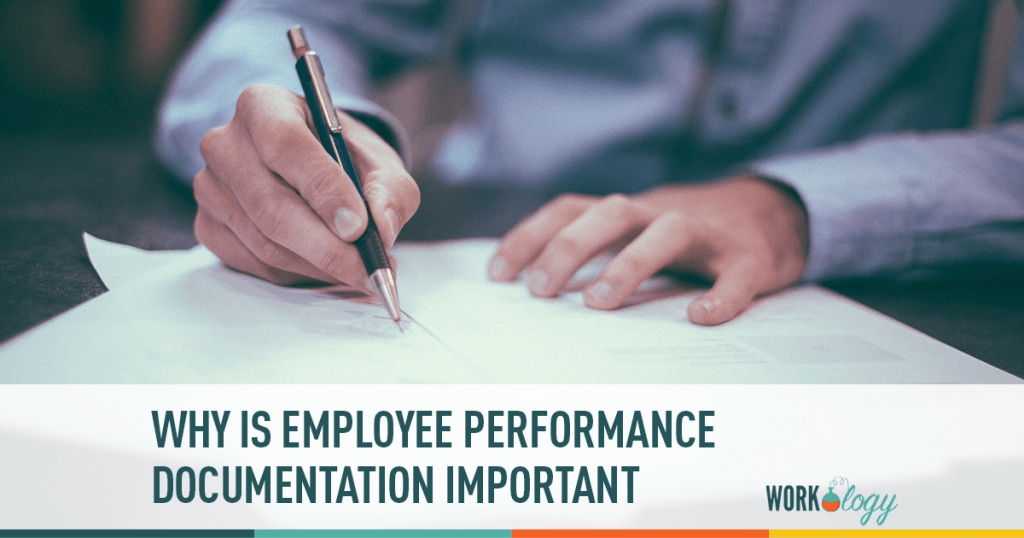Documenting the progression of our employees’ training, performance and development is critical for managers because documentation provides independent and objective evidence of what happened or what didn’t happen.
Employee Performance Documentation
Somewhere along the way, however, documentation has become the way managers “built a case” against employees to prove cause to demote or terminate for poor performance. As a result, employees have become suspicious and uncooperative with the performance documentation process. They either refuse to participate or refuse to sign off on anything they perceive as negative because they don’t want bad things going in their permanent record. They don’t care that they have a right to add their comments to the forms. They don’t believe their signature is an acknowledgement and not agreement to the contents. They simply do not trust that management isn’t planning to use the information against them at any more to justify an employment decision that will adversely impact them in some way.
They are usually right.
As managers, we are generally conditioned to handle documentation this way. I’m guilty of it as the HR person. I’ve had countless conversations with managers about the importance of documenting negative performance trends — and I’ve had just as many conversations with managers about how their failure to praise their employees is causing low morale, dissatisfaction, turnover, etc … We chastise managers for failing to give consistent praise and positive feedback — but we don’t hold them accountable to document it the way we do for the negative stuff.
If our goal is to correct inappropriate or non-productive behavior so employees truly improve instead of turning over, we’ve go to change this. If our goal is to redirect off track employees onto the right path, we’ve got to change this. If we want our feedback and review processes to have real meaning and value, we’ve got to change this.
How? Simple. Document the good.
Not simple emails or pats on the backs but true documentation. Take time at least 3 times each year to outline the positive behaviors and results of the consistent and outstanding performers among your employees.
That way, when/if negative feedback comes 1) it will not be a surprise, 2) it will not completely cripple or discourage the employee and 3) the employee will be much more receptive and responsive feedback.
The only time employees have documents to sign shouldn’t be when they’re hired, fired or when something is wrong. By adding in documentation on positive performance trends alongside whatever corrective documentation is needed, you’ll create trust with you employees, set the atmosphere for truly productive feedback and assemble a historical records that illustrates the totality of performance.
That’s the case worth building.









